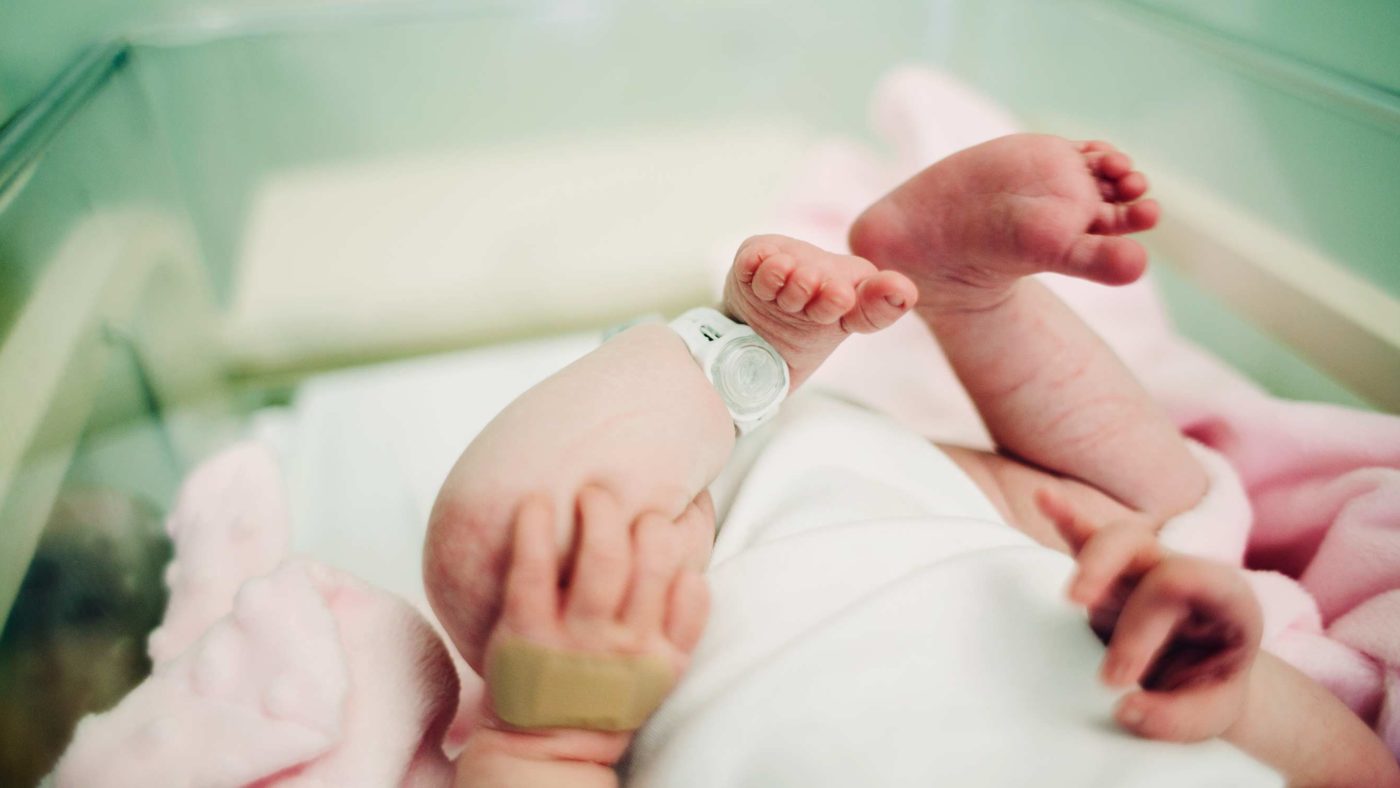While much of the media is ensconced in a Beckettian nightmare waiting for Sue Gray’s report, it was another official publication this week that caught my attention.
The Office for National Statistics revealed that for women born in 1990, under half had had a child by the time they turned 30, the lowest level on record. Britain’s stagnating birth rate – which it shares with much of the Western world – is a curious phenomenon. Much like our much increased longevity, it is both a sign of progress and a harbinger of potential decline.
Progress, because it reflects a society in which women are much freer to pursue their goals, which for many couples means delaying starting a family, or choosing not to have children.
But a low birthrate also presents big problems, because an ageing population is, frankly, very expensive. As former minister David Willetts has noted, of the £111bn increase in day-to-day public spending between 2010 and 2024, £84bn is swallowed up by the Department of Health and Social Care.
We are stuck in a vicious cycle, with younger, working age people bearing increasing costs to support an ageing society, meaning they in turn have less money to contemplate buying their own home or starting a family.
The story of falling birthrates isn’t simply about female emancipation or a cultural shift towards having children later in life. Nor have we all become neo-Malthusians, terrified of our children’s future carbon emissions. Indeed, there’s clear evidence that people do generally want to have more children but don’t feel able to do so.
So, assuming we do want to up-turn the greying demographic pyramid, what is to be done?
Politicians are understandably wary of stepping into this debate. Few decisions are more personal or fraught with emotion than whether to have kids. And little smacks more of illiberalism than the state trying to intercede in that decision, be it the Chinese Communist Party’s recently abandoned one-child mandate, or the likes of Viktor Orban and Vladimir Putin rallying their public to get procreating.
But what the British state needs isn’t to be explicitly pro-fertility, so much as less actively anti-fertility. In a whole range of areas, we seem determined to make it as difficult as possible for people to start families where they want to.
Take the report from the Halifax this week that shows the average age of a first-time buyer is now 32, up from 29 a decade ago. A bad planning system that holds down supply is one thing, but the Government has exacerbated the situation with demand-side non-fixes like Help to Buy – which a Lords committee recently judged to have inflated house prices, at a cost of £29bn (enough to fund 58,000 trips on Liz Truss’ government plane).
And as our deputy editor Alys Denby explains here, for many families the biggest outgoing isn’t even rent or the mortgage, but childcare. Here too we seem to have opted for a worst-of-all worlds scenario: costs are pumped up by government intervention, then government intervenes with subsidies to offset the very costs it has helped inflate.
So, while there are few urges in Whitehall more nagging than ‘do something’, perhaps the best way to let Brits have the families they want is for the state to take a step back.
Click here to subscribe to our daily briefing – the best pieces from CapX and across the web.
CapX depends on the generosity of its readers. If you value what we do, please consider making a donation.


